Pere Roca-Cusachs joins the European elite club in biology
 Pere Roca-Cusachs, group leader at the Institute for Bioengineering of Catalonia (IBEC) and associate professor at the Faculty of Medicine of the University of Barcelona (UB), has been chosen to join the European Molecular Biology Organization (EMBO) , a prestigious network that brings together some of the most brilliant researchers in the world.
Pere Roca-Cusachs, group leader at the Institute for Bioengineering of Catalonia (IBEC) and associate professor at the Faculty of Medicine of the University of Barcelona (UB), has been chosen to join the European Molecular Biology Organization (EMBO) , a prestigious network that brings together some of the most brilliant researchers in the world.
Roca-Cusachs is a pioneer in Europe in the mechanobiology field and in the study of how physical forces affect diseases such as cancer.

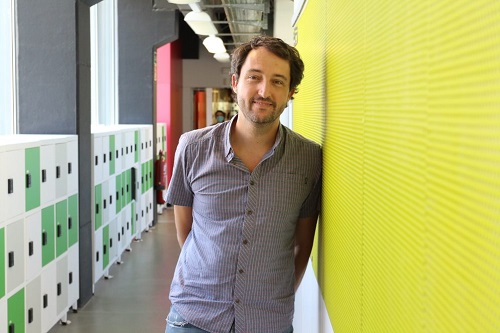
 Pere Roca-Cusachs, group leader at the Institute for Bioengineering of Catalonia (IBEC) and associate professor at the Faculty of Medicine of the University of Barcelona (UB), has been chosen to join the European Molecular Biology Organization (EMBO) , a prestigious network that brings together some of the most brilliant researchers in the world.
Pere Roca-Cusachs, group leader at the Institute for Bioengineering of Catalonia (IBEC) and associate professor at the Faculty of Medicine of the University of Barcelona (UB), has been chosen to join the European Molecular Biology Organization (EMBO) , a prestigious network that brings together some of the most brilliant researchers in the world. 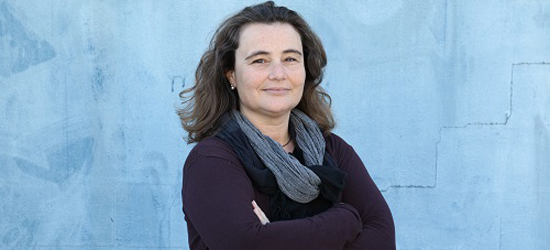
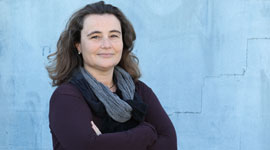 Three protagonists of the medical research field in Spain debated in a new edition of the “Pioneros Santander” forum, organized virtually by El País Retina. Elisabeth Engel, group leader of Biomaterials for regenerative therapies at IBEC, Rocío Arroyo, CEO of Amadix and Eduardo Jorgensen, of Medicsen, also CEO, agreed to celebrate the greatest interest in their work area, the intersection between science, technology and health, but at the same time they were cautious: there are no shortcuts in research, neither before Covid-19 nor after.
Three protagonists of the medical research field in Spain debated in a new edition of the “Pioneros Santander” forum, organized virtually by El País Retina. Elisabeth Engel, group leader of Biomaterials for regenerative therapies at IBEC, Rocío Arroyo, CEO of Amadix and Eduardo Jorgensen, of Medicsen, also CEO, agreed to celebrate the greatest interest in their work area, the intersection between science, technology and health, but at the same time they were cautious: there are no shortcuts in research, neither before Covid-19 nor after.
 The Bioengineering Institute of Catalonia (IBEC) presents one of its most special findings: the IBEC SUPER-FRIENDS and SUPER-FRIENDS club, a way of being closer to the best bioengineering, of sharing our passion for curiosity, people and the Health.
The Bioengineering Institute of Catalonia (IBEC) presents one of its most special findings: the IBEC SUPER-FRIENDS and SUPER-FRIENDS club, a way of being closer to the best bioengineering, of sharing our passion for curiosity, people and the Health.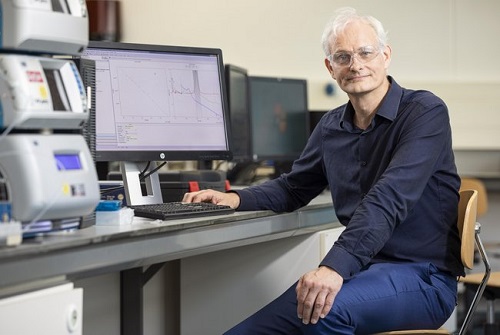
 Polymer chemist Jan van Hest was awarded last June 19th the Spinoza Prize, the highest distinction in Dutch science. Van Hest’s activities include the development of artificial cells and nanomedicines.
Polymer chemist Jan van Hest was awarded last June 19th the Spinoza Prize, the highest distinction in Dutch science. Van Hest’s activities include the development of artificial cells and nanomedicines. 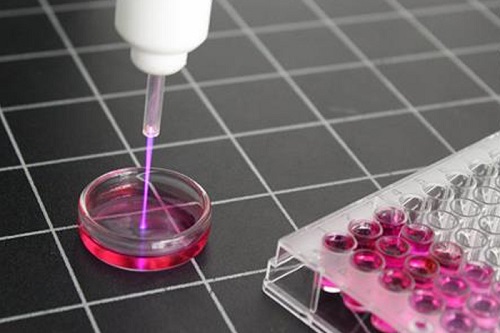
 Experts in bioengineering and informatics, including IBEC´s Associated Researcher Maria-Pau Ginebra, have published a paper where the researchers propose the creation of tools based on Artificial Intelligence for the development of biomaterials in Nature Reviews Materials.
Experts in bioengineering and informatics, including IBEC´s Associated Researcher Maria-Pau Ginebra, have published a paper where the researchers propose the creation of tools based on Artificial Intelligence for the development of biomaterials in Nature Reviews Materials.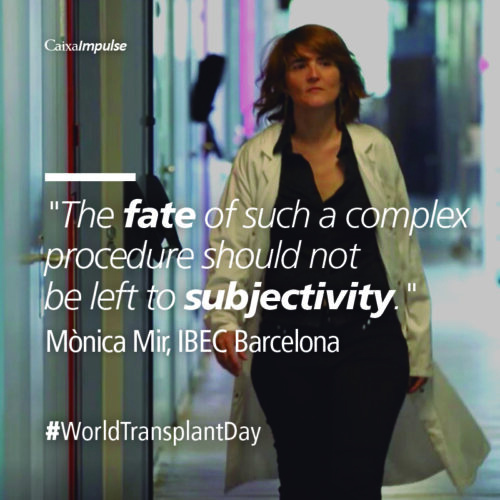
 Dr. Mònica Mir, researcher at the Nanobioengineering Group at IBEC and leader of the Caixa Impulse funded project ISCHEMSURG, explained on World Transplant Day how this electrochemical sensor can monitor ischemia in transplanted tissue thus, improving transplant patients’ quality of life.
Dr. Mònica Mir, researcher at the Nanobioengineering Group at IBEC and leader of the Caixa Impulse funded project ISCHEMSURG, explained on World Transplant Day how this electrochemical sensor can monitor ischemia in transplanted tissue thus, improving transplant patients’ quality of life.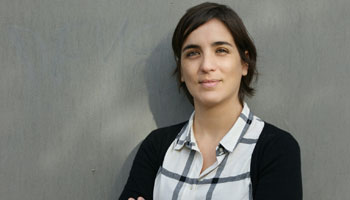
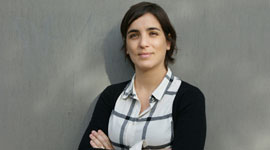 Researchers at the Institute of Bioengineering of Catalonia (IBEC) led by Núria Montserrat have found in vitro that diabetes is a disease that accelerates Covid-19. In the lab, they have also created mini-hearts to study the heart problems caused by Covid-19.
Researchers at the Institute of Bioengineering of Catalonia (IBEC) led by Núria Montserrat have found in vitro that diabetes is a disease that accelerates Covid-19. In the lab, they have also created mini-hearts to study the heart problems caused by Covid-19.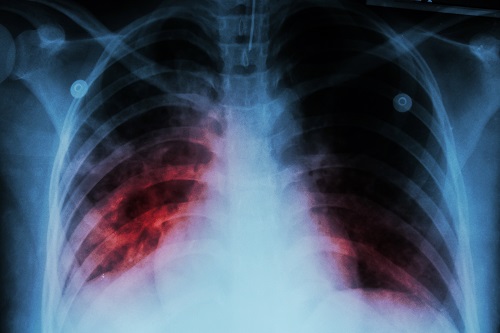
 An international team, led by Profs Giuseppe Battaglia and Loris Rizzello from the Institute for Bioengineering of Catalonia (IBEC), carried out out a study that opens the door to a new therapy capable of quickly and effectively eliminating infections caused by intracellular bacteria, the most resistant to immune defenses.
An international team, led by Profs Giuseppe Battaglia and Loris Rizzello from the Institute for Bioengineering of Catalonia (IBEC), carried out out a study that opens the door to a new therapy capable of quickly and effectively eliminating infections caused by intracellular bacteria, the most resistant to immune defenses.